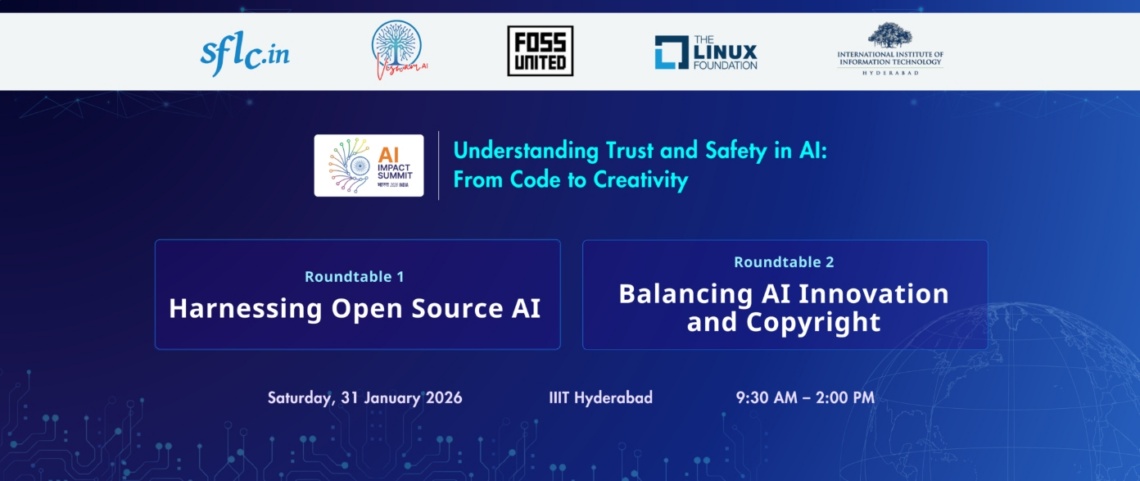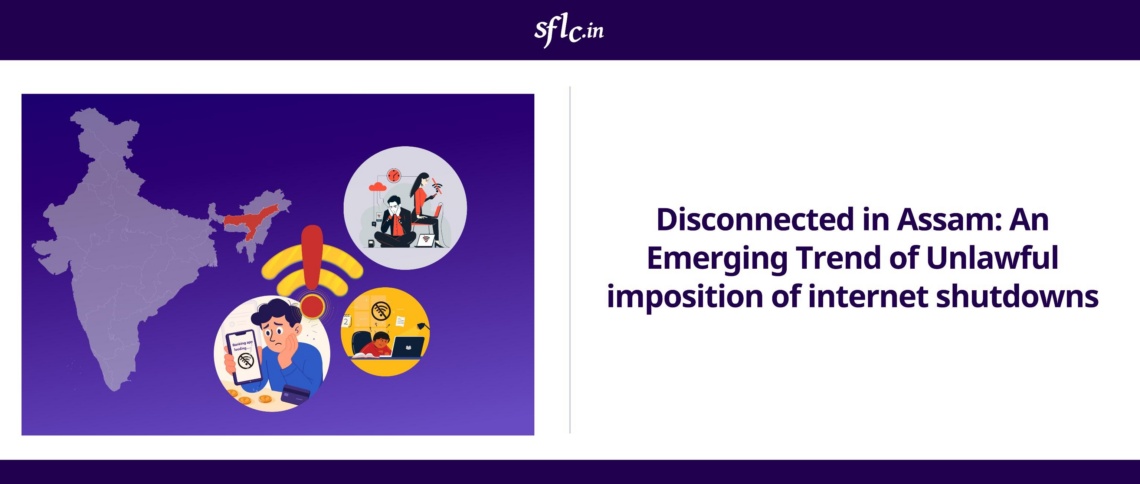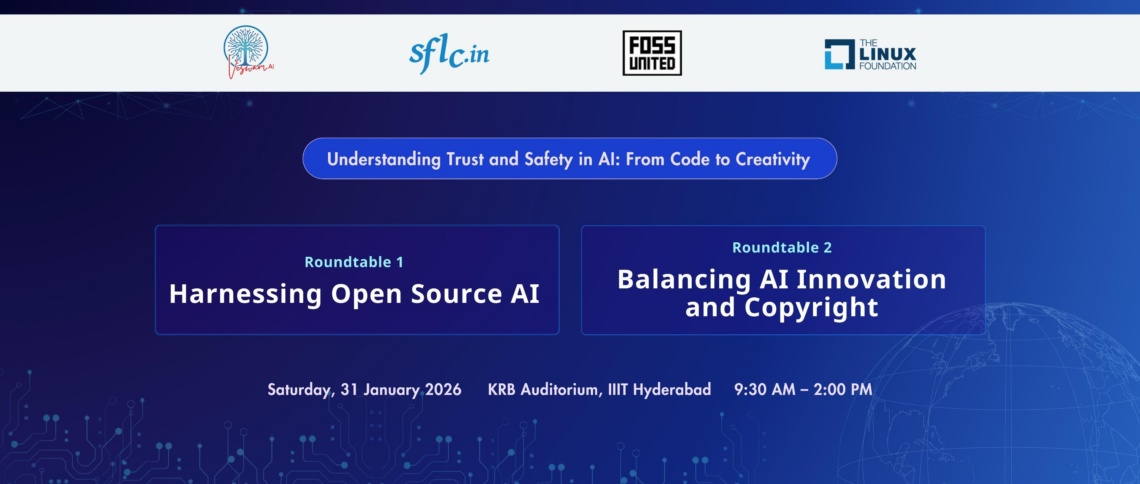New Delhi, 22nd January 2019: Ahead of the 2019 general elections in India, it is important to realize the consequences of misinformation and disinformation campaigns, also popularly called fake news, on our democracy. Further, we must actively develop policies and solutions to counter the same, stakeholders and experts unanimously agreed at a discussion organized by Delhi-based legal services organization SFLC.in in Delhi.
The two panel discussions under the topic “Countering Misinformation: Policies and Solutions” featured important stakeholders representing media, social media platforms, law enforcement, civil society and political and legal organizations.
Speaking at the first discussion, Mr. Abhinandan Sekhri, Founder and CEO of Newslaundry.com noted that media organizations must relook at their business models in order to safeguard themselves against fake news. “As far as news is going to be driven by eyeballs and advertising money, there is an incentive (to publish fake news), and facts don’t matter,” he said.
Ms. Malavika Balasubramanian, Head of Webqoof (Fact checking initiative of The Quint) elaborated the importance of fact checking by media organizations before publishing any news or video. “A journalist’s desire to push through a breaking news could harm somebody, so it’s always better to fact check first,” she said.
One of the primary reasons for the proliferation of fake news is the lack of digital literacy. Technology journalist Prasanto K Roy said that fake news spreads with extreme velocity and the reason has to be demographics, 96-97% of internet users are mobile only, they just see a video and forward it without reading the caption that comes along.
Ms. Rupa Jha, Head of Indian Languages at BBC World Service India remarked that the government should encourage and support free and independent journalism, instead of maligning it. “It is high time that media takes responsibility (for fake news). I have immense trust in the Indian electorate, but it is not going to be easy to win back the trust of people,” Ms. Jha said. The study on fake news conducted by BBC found that people do not verify videos shared by family, friends and relatives, as they consider them as trusted sources. She also added that as long as the political dispensation continues to benefit from fake news, the problem will remain.
The second panel discussed possible solutions for countering fake news. Ms. Shehla Rashid, citizen activist called out fake news as ‘propaganda’. “People believe in fake news because of their inherent confirmation bias. Fake news is enmeshed in propaganda, and even if you know that a news is fake, it will still inject some bias especially when it is against a public figure,” she said.
Mr. Ghanshyam Tiwari, spokesperson for Samajwadi Party said, “the government has given a long leash to the multinational corporations that spread fake news.” He also expressed his disappointment with the debate around fake news in the Parliament. Speaking of a solution, he said, “a citizen-led movements are needed to educate the masses against the dangers of fake news. We cannot expect the government or private businesses to create the necessary safeguards.”
Delhi Police Assistant Commissioner Siddhartha Jain, in charge of investigating cybercrime, said that ground level policing is important to combat the social impact of fake news. He also informed that a number of RWA groups in Delhi now have a local constable in their WhatsApp group, and if the constable notices anything being shared on the group that may incite violence or unrest, he promptly informs the SHO of that area.
The panelists unanimously opined that media and digital literacy is the best way forward towards countering fake news. Mr. Berges Malu, Head of Public Policy and Government Affairs at Sharechat, Indian’s leading vernacular social sharing app said, “we strongly believe that educating people is more important than busting fake news.” Ms. Karnika Kohli, Audience editor for Scroll.in agreed, “I do not believe any regulation from government or technology platforms (is needed). Digital and media literacy is the way forward. It is necessary to cultivate the culture of scepticism and question everything. ”
About SFLC.in
SFLC.in (Software Freedom Law Centre, India) is a Delhi based volunteer-run not for profit organization comprised of lawyers, policy analysts, technologists, and students that strive to protect and promote digital rights and digital freedom. Over the past few years, SFLC.in has been working on issues related to privacy, free speech, data protection, and net-neutrality (among other things), so as to inform the public discourse on these subjects.



